Farming technology has come a long way in revolutionizing agriculture practices. From simple hand tools to advanced machinery, technology has transformed the way we grow and harvest crops. With the world’s population continuously increasing, the demand for food production has also grown exponentially. In order to meet this demand, farmers have turned to innovative farming technology to increase efficiency, productivity, and sustainability. In this blog post, we will explore the various ways in which farming technology has changed the face of agriculture and how it continues to shape the future of farming.
Understanding the Basics of Farming Technology
Farming technology encompasses a wide range of tools and equipment that help farmers in various aspects of their work. To understand the basics of farming technology, it is important to recognize the different areas in which it is utilized. These areas include crop production, livestock management, irrigation systems, and data analysis.
In terms of crop production, farming technology includes advancements such as seed drills, crop rotation techniques, and precision farming tools. These tools enable farmers to efficiently plant, manage, and harvest crops, resulting in higher yields and reduced waste.
Livestock management has also benefited greatly from technology. From automated feeding systems to wearable sensors that monitor animal health, farmers are able to ensure the well-being of their livestock and optimize their production.
Another crucial aspect of farming technology is irrigation systems. By implementing technologies like drip irrigation and weather monitoring sensors, farmers can conserve water resources and optimize the use of water for crop irrigation.
Lastly, data analysis plays a significant role in farming technology. By collecting and analyzing data on soil conditions, weather patterns, and crop performance, farmers can make informed decisions about fertilization, pest control, and other crucial factors that impact crop yield and quality.
Understanding the basics of farming technology is essential for farmers to stay updated and embrace new innovations. By incorporating these advancements into their practices, farmers can improve their efficiency, productivity, and overall sustainability. The world of farming technology is constantly evolving, and staying informed is key to successful agriculture practices.

Different Types of Farming Technology
When it comes to farming technology, there are various types that have revolutionized the way we approach agriculture. Let’s take a near look at some of these game- changing inventions. One type of farming technology that has had a significant impact is precision agriculture. This involves the use of advanced GPS systems, drones, and sensors to collect data on soil moisture, nutrient levels, and crop health. With this information, farmers can make more precise decisions regarding irrigation, fertilization, and pest control, leading to higher yields and reduced environmental impact.
Another type of farming technology is vertical farming. This method involves growing crops in stacked layers, typically indoors, using artificial lighting and climate control systems. Vertical farming allows for year-round crop production in urban areas with limited space. It also minimizes the use of water and pesticides, making it a more sustainable option for food production.
Robotics and automation are also transforming agriculture. Robotic systems can be used for tasks such as seeding, planting, and harvesting. Automation technology can help with monitoring and controlling irrigation systems, feeding livestock, and even milking cows. These advancements reduce the labor required and improve efficiency, allowing farmers to focus on other important aspects of their operations.
Genetic engineering is another type of farming technology that has been widely adopted. Through genetic modification, scientists are able to enhance crop traits, such as resistance to pests and diseases, tolerance to drought, and increased nutritional value. This technology has the potential to address food security issues by developing crops that can thrive in challenging environments.
These are just a few examples of the different types of farming technology that are transforming the agricultural industry. As technology continues to advance, we can expect even more exciting innovations that will shape the future of farming.
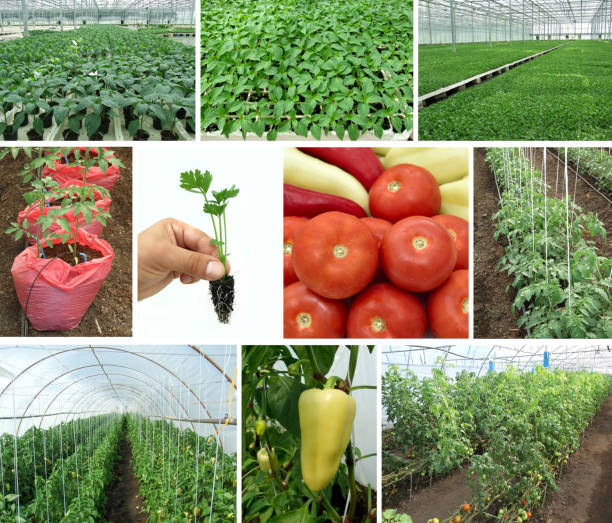
The Impact of Farming Technology on Agricultural Practices
Farming technology has had a profound impact on agricultural practices, revolutionizing the way farmers approach their work. One of the key impacts of farming technology is increased efficiency. With the use of advanced machinery and precision tools, farmers are able to perform tasks more quickly and accurately. This means that crops can be planted, managed, and harvested in a more timely manner, leading to higher yields and reduced waste.
Another major impact of farming technology is improved productivity. With the help of automation, robotics, and data analysis, farmers can optimize their operations to maximize output. For example, automated feeding systems and wearable sensors help monitor the health and well-being of livestock, leading to better production outcomes. Additionally, data analysis allows farmers to make informed decisions about fertilization, pest control, and other factors that impact crop yield and quality.
Furthermore, farming technology has contributed to increased sustainability in agriculture. Through innovations like drip irrigation, vertical farming, and genetic engineering, farmers are able to conserve water resources, minimize the use of pesticides, and develop crops that can thrive in challenging environments. This not only helps protect the environment but also ensures a more sustainable future for food production.
In summary, the impact of farming technology on agricultural practices has been significant. It has improved efficiency, productivity, and sustainability in farming, leading to higher yields, reduced waste, and better overall outcomes for farmers. As technology continues to advance, we can expect even greater advancements that will continue to shape the future of farming.
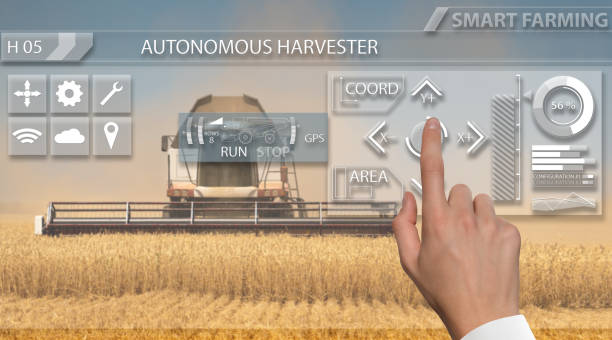
Case Studies of Successful Implementation of Farming Technology
In this section, we will dive into some real-life examples of successful implementation of farming technology. These case studies demonstrate how innovative technologies have transformed the agricultural industry and have had a positive impact on farmers around the world.
One case study involves a farmer named John who integrated precision agriculture into his crop production practices. By utilizing GPS systems, drones, and sensors, John was able to collect data on soil moisture, nutrient levels, and crop health. With this information, he made precise decisions regarding irrigation, fertilization, and pest control. As a result, John saw a significant increase in his crop yields and a reduction in his environmental footprint. He was able to optimize his resource usage and minimize waste, making his farming practices more efficient and sustainable.
Another case study highlights the implementation of vertical farming in urban areas. In a city with limited space, a group of farmers decided to embrace this innovative technology. They set up vertical farms indoors, using artificial lighting and climate control systems. This allowed them to grow crops year-round, regardless of the weather conditions. With the use of vertical farming, they were able to produce a large amount of fresh, nutritious food, even in urban areas where traditional farming practices would be impossible. This not only helped improve access to fresh produce in the city but also reduced the need for transportation and minimized the use of water and pesticides.
These case studies are just a glimpse into the transformative power of farming technology. They demonstrate the potential for increased efficiency, productivity, and sustainability in agriculture. By learning from these success stories, farmers can explore new ways to incorporate technology into their own practices and unlock the full potential of modern farming.
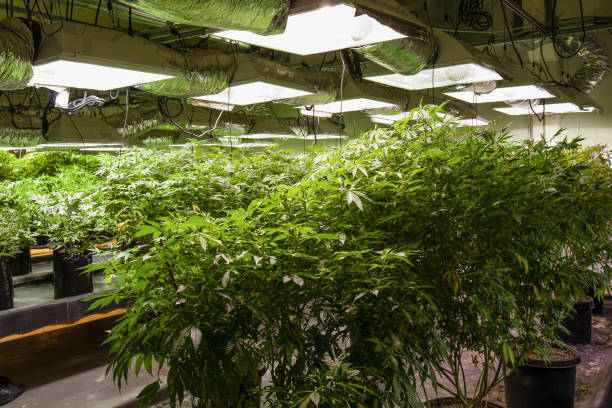
Future Predictions: The Evolving Landscape of Farming Technology
As we look to the future, it is clear that farming technology will continue to shape and transform the agricultural industry. With ongoing advancements in technology, we can expect to see an evolving landscape of farming practices that are more efficient, productive, and sustainable.
One prediction for the future of farming technology is the continued development and implementation of precision agriculture. As sensors, drones, and GPS systems become more advanced and accessible, farmers will have access to even more detailed and precise data about their crops, soil conditions, and weather patterns. This will allow them to make even more informed decisions regarding irrigation, fertilization, and pest control, leading to increased yields and reduced environmental impact.
Another exciting prediction is the further integration of robotics and automation in agriculture. We can expect to see more robotic systems that are capable of performing tasks such as seeding, planting, and harvesting with greater accuracy and efficiency. Automation technology will also continue to play a significant role in monitoring and controlling various aspects of farming, from irrigation systems to livestock management. This will not only reduce the labor required but also free up farmers’ time to focus on other important aspects of their operations.
Additionally, advancements in genetic engineering will continue to revolutionize the crops we grow. Scientists will develop crops that are more resilient to pests and diseases, capable of withstanding drought and extreme weather conditions, and even more nutritious. This will help address food security issues and ensure that we can feed a growing global population.
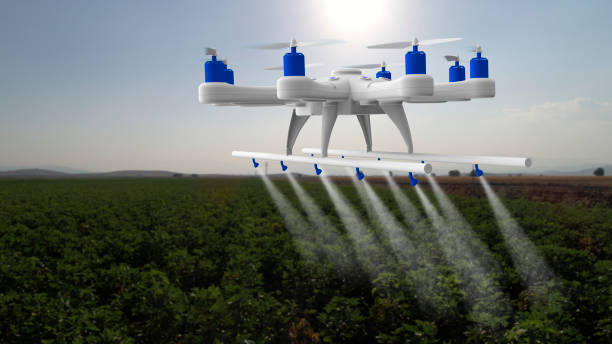
Overall, the future of farming technology is bright and promising. As technology continues to evolve, farmers will have access to even more innovative tools and techniques that will improve efficiency, productivity, and sustainability in agriculture. By embracing these advancements, farmers can stay ahead of the curve and continue to feed the world.

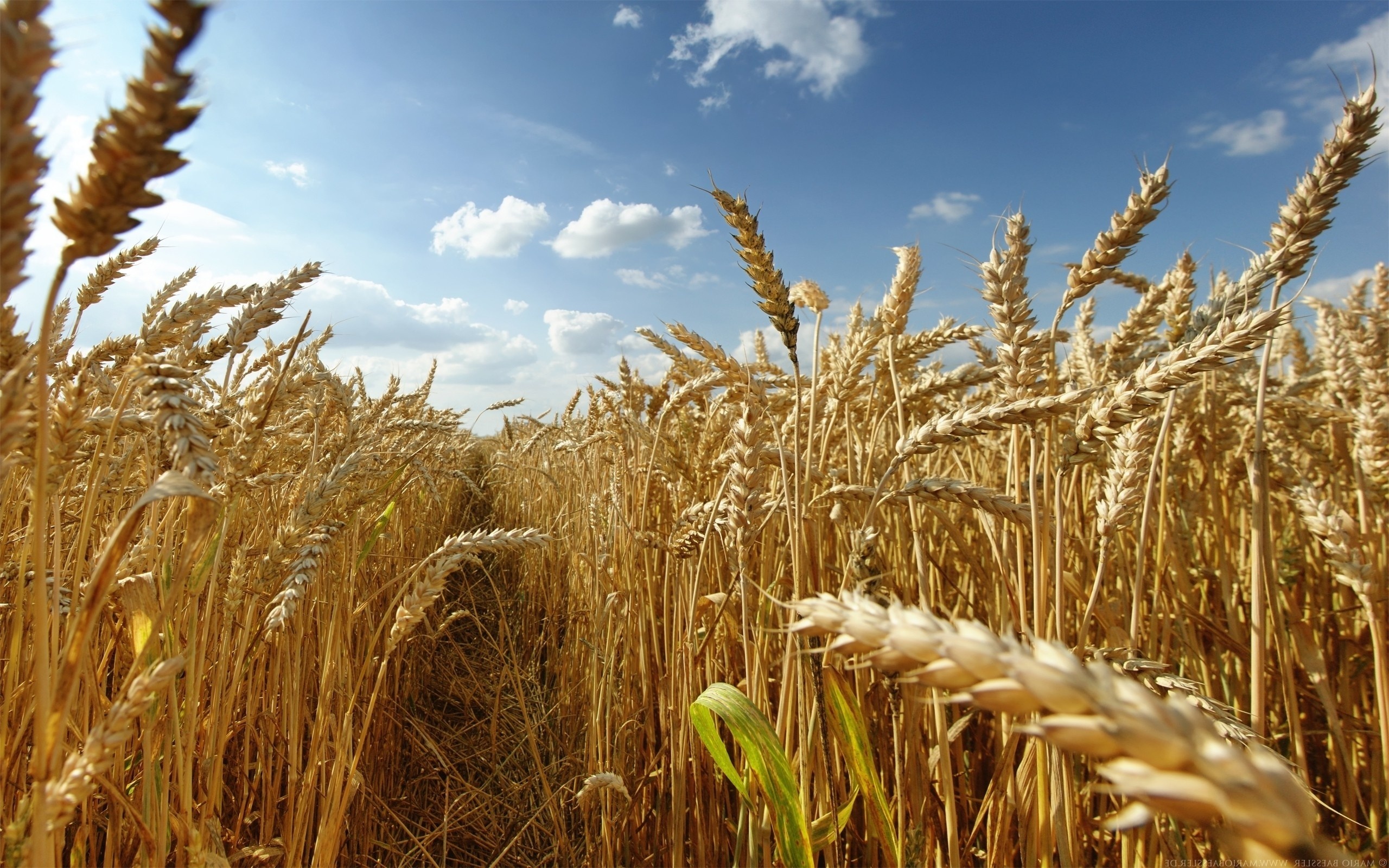
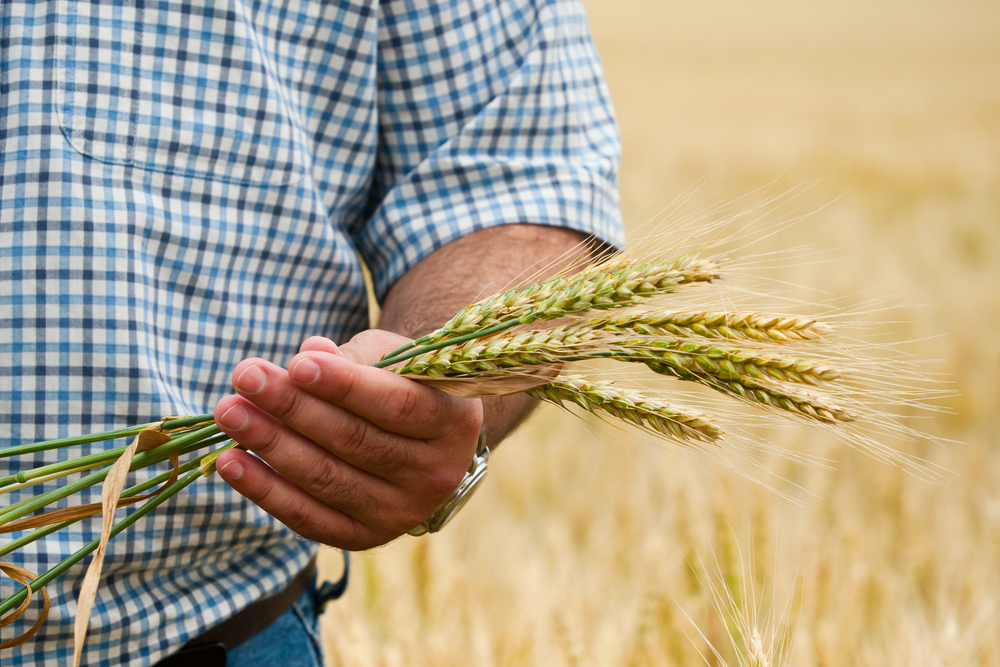
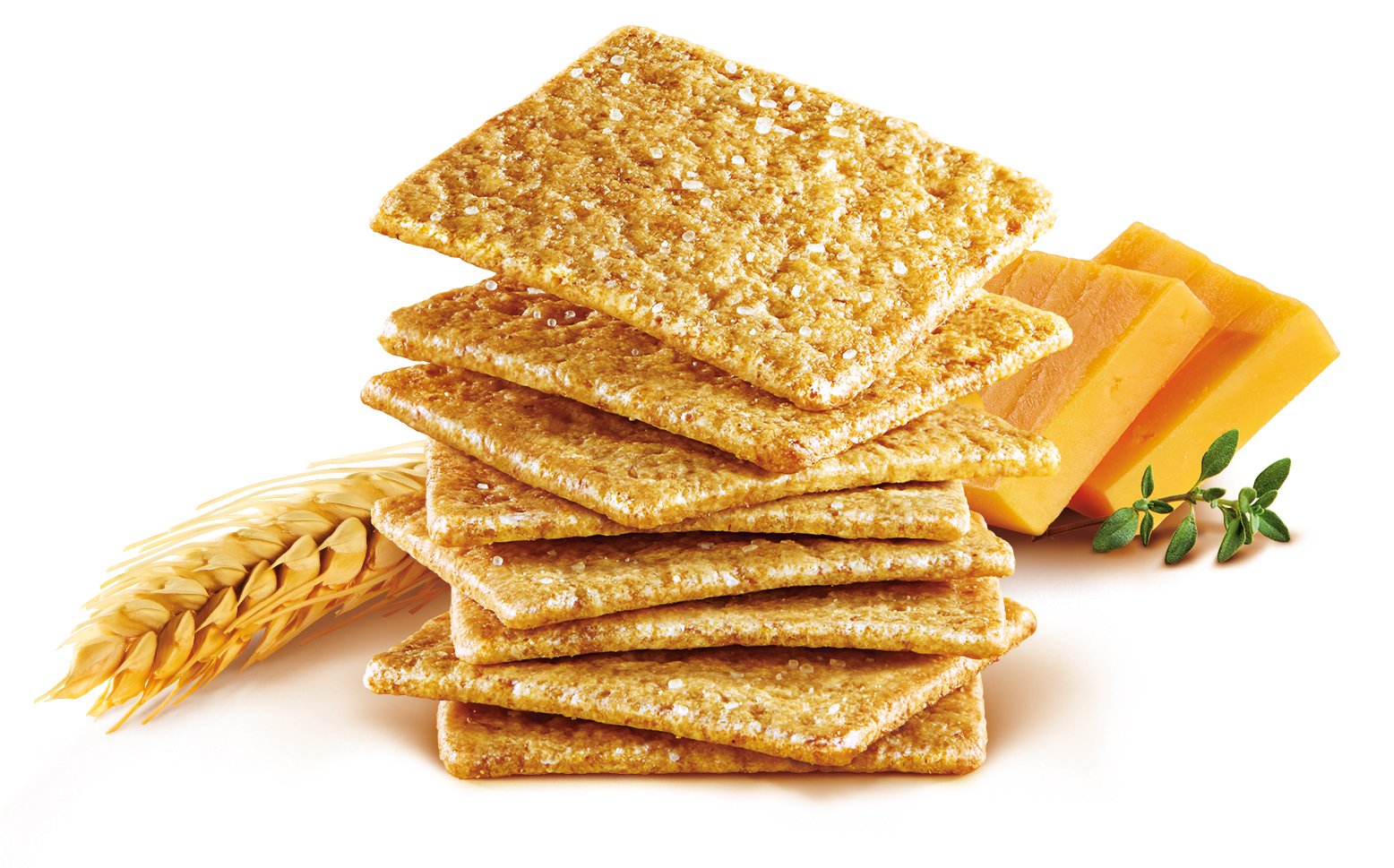
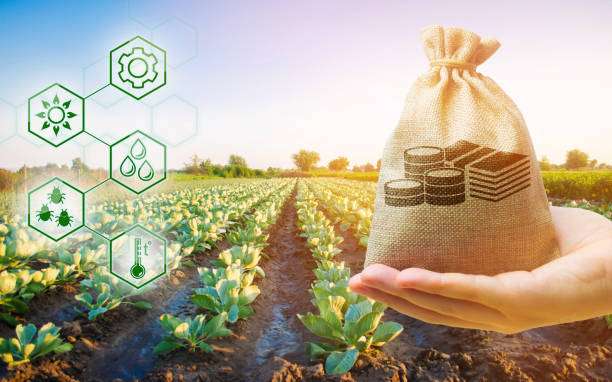
Hi there, my name is Cody Griner. I apologize for using your contact form,
but I wasn’t sure who the right person was to speak with in your company.
We have a patented application that creates Local Area pages that rank on
top of Google within weeks, we call it Local Magic. Here is a link to the
product page https://www.mrmarketingres.com/local-magic/ . The product
leverages technology where these pages are managed dynamically by AI and
it is ideal for promoting contractors on Google. Can I share a testimonial
from one of our clients with you? I can also do a short zoom to
illustrate their full case study if you have time for it?
cody@mrmarketingres.com 843-720-7301